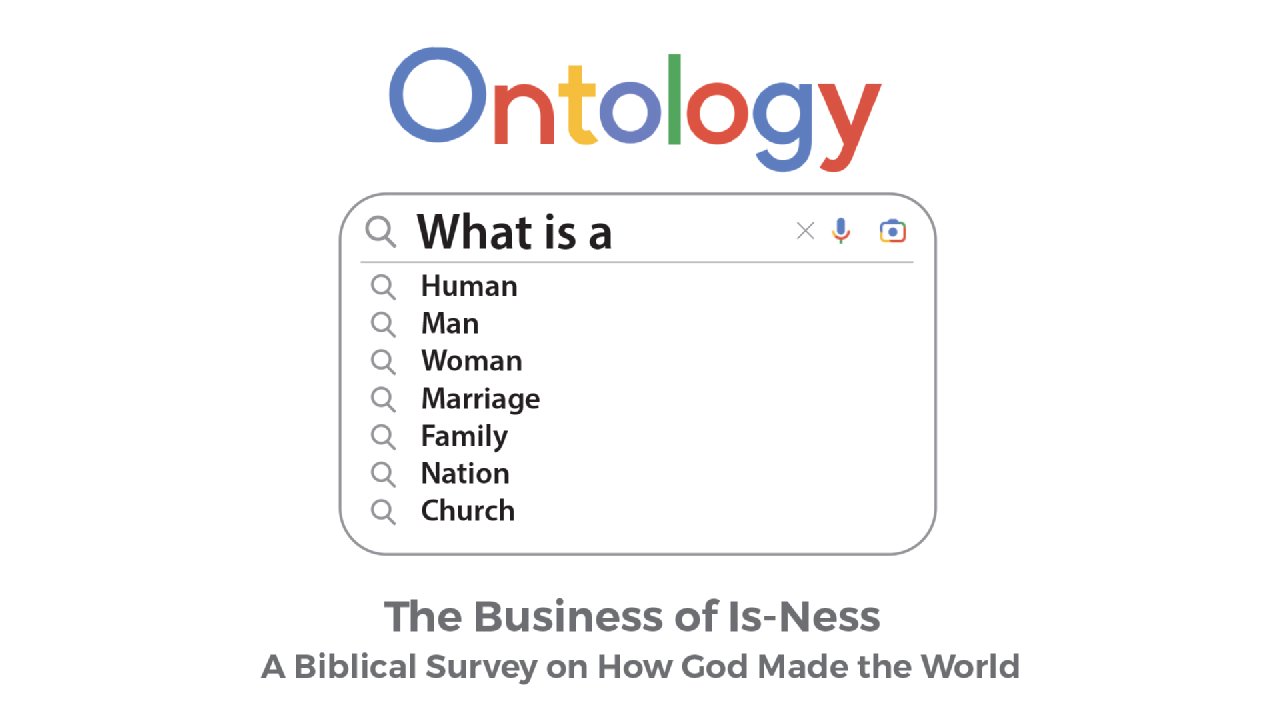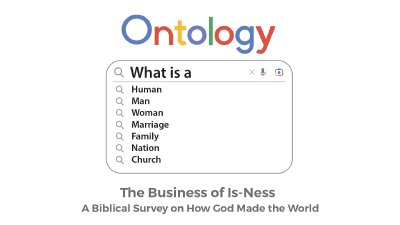Yesterday, Elon Musk made news, not for anything related to Twitter, Tesla, or teasing a new presidential candidate, but for getting the FDA to approve testing for an in-human brain implant. Neuralink is the name of his company, and in the days to come he hopes to help the paralyzed to be able to walk by means of this brain chip. Paralysis and other neurological problems are some of the things he hopes to cure by his technology.
This sounds great, doesn’t it? By means of human innovation, the deaf might hear, the lame might walk, and the blind might see. Indeed, it is truly miraculous. It is also messianic.
When Jesus was asked by John if he was the expected messiah, Jesus turned to the prophesies of Isaiah and said to John. “Go and tell John what you hear and see: the blind receive their sight and the lame walk, lepers are cleansed and the deaf hear, and the dead are raised up, and the poor have good news preached to them. And blessed is the one who is not offended by me” (Matt. 11:4–6).
By comparison, Elon Musk hopes to do what Jesus did—to heal the sick. Meanwhile, the innovators at Google hope to raise the dead, or at least, to find the key to eternal life. In these ways, such real-life Tony Starks (the wizard scientist in Marvel’s Iron Man) are pushing the boundaries of life and as I will argue on Sunday, they are pushing to change what the human body is.
Just how many modifications can be performed on a human being before that human becomes inhumane? How much Artificial Intelligence can be added to our world, or to our bodies (in the forms of microchips or blood serums), before the basic forms of humanity are changed? If we are made in the image of God, and Satan is working to erase the image of God, what might science and technology—with all of its benefits—do to confuse or change the way we think about human bodies? And in a world of constant change, where we ‘need' to keep up with others, what should our position be on the human body?
In so many ways, these questions require more study and specifics than we can handle in a Sunday sermon. But on Sunday, we will look at this question: Why the human body? What is it for? And what does Scripture say>
Our bodies are not incidental, accidental, or occasional elements of our existence. They are instead essential to who we are and how we experience God and his world. Accordingly, we need to know what God’s Word says about human bodies, so that when technologies allow us to treat the lame, we do not treat Elon Musk or anyone besides Christ as a newfound messiah. Even more, we need to know what God’s intentions for the body is, so that we can glorify God with our bodies.
To this end, we will look at 1 Corinthians 6:13–20 on Sunday. To prepare, take time to read this chapter. Ask yourself what it means to glorify God in your body, and come prepared to hear why your body is *not* a temple, but is instead a sacrifice to be offered to God. Pray that God would give us wisdom and that we who know Christ would not be offended if and when he calls us to do things with our bodies that others do not.
As the Lord allows, I look forward to seeing you—with real bodily presence—on Sunday.
As a reminder, the Dale City Community Group is in overflow this Sunday.
For His Glory and your joy,
Pastor David
-------------------------------------------------------------------------------------------------------------------
Discussion & Response Questions for 1 Corinthians 6:12-20
What is the Body For?
1. What does the Bible say about the body?
2. How does biblical theology (Creation - Fall - Redemption - New Creation) give us a framework for the body?
3. How have the arts and sciences challenged our understanding of the body?
4. In what ways have a wrong view of sex, marriage, gender, etc., impacted our view of the body?
5. Why should we avoid thinking of our bodies as temples? What does it mean that the church body is part of the temple?
6. How should we think of the human body? See Romans 12:1–2.
7. If our bodies are living sacrifices, what changes does that make for how we live, move, and have our being?
8. Anticipating the next sermon or two—how does the nature of the body inform sex, marriage, gender, as well as biblical masculinity and femininity? Are these ethical matters tied to nature or to some choice of the will or the desires of the heart?
9. How does a better understanding of the body help you navigate present and future decisions about technology?
10. In what ways do you need to help your children navigate the challenges of technology that imposes (and erases?) human nature?






